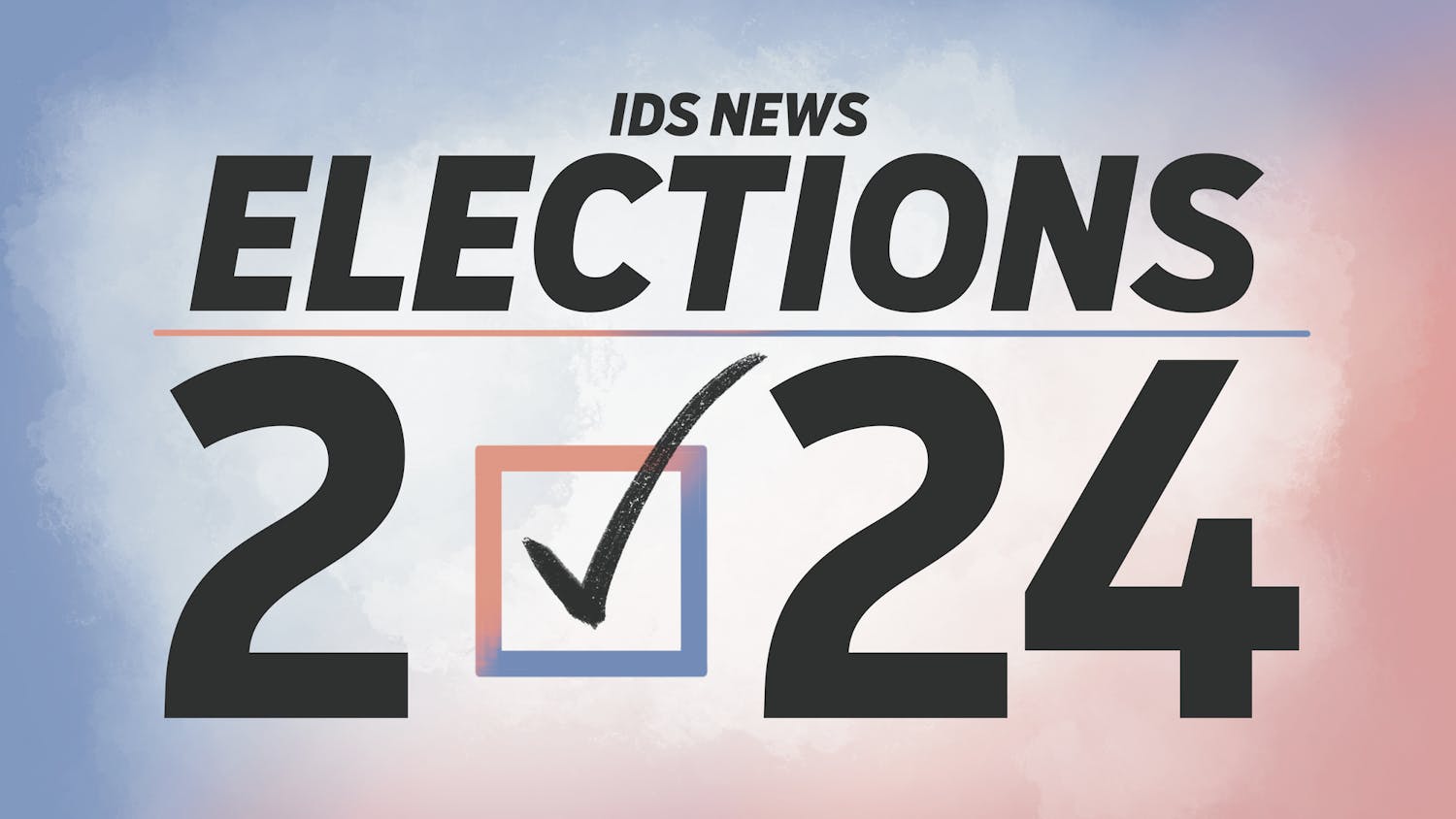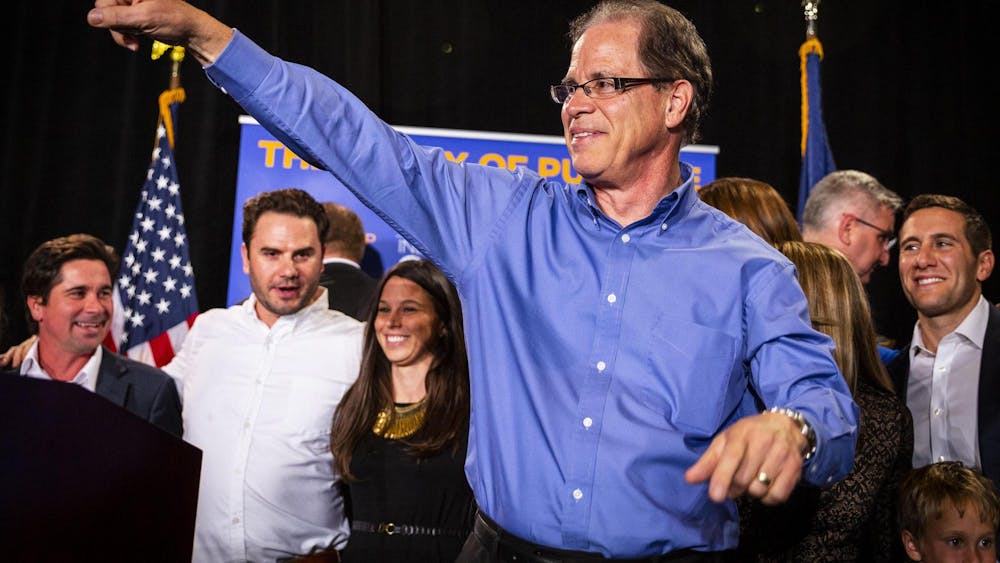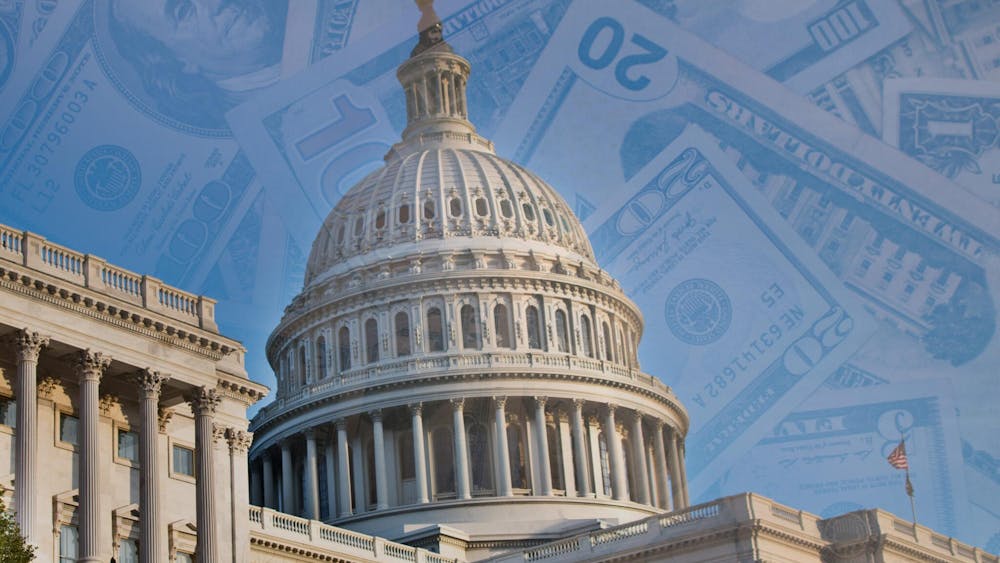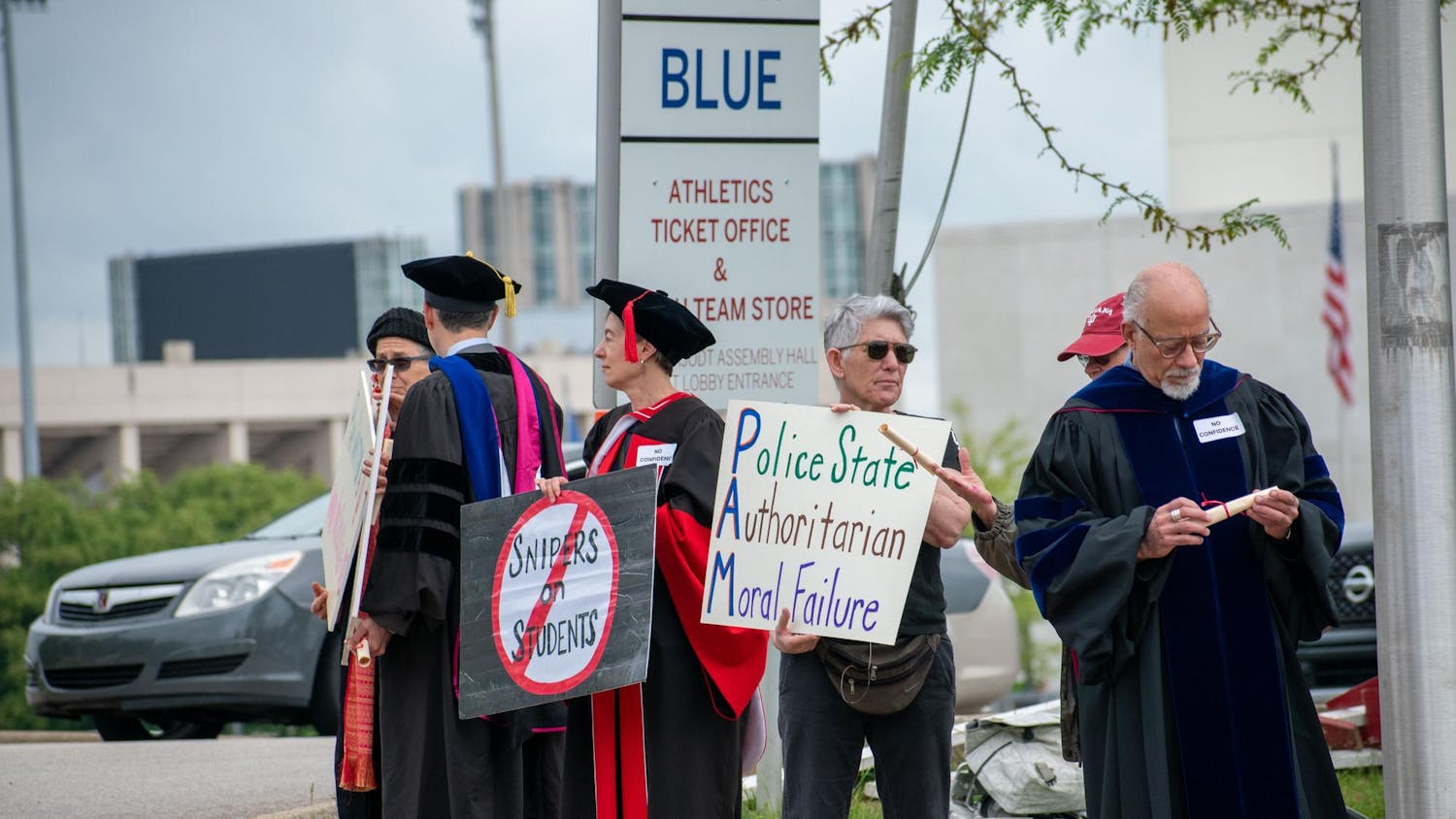The Monroe County Clerk’s Office confirmed that it is issuing marriage licenses to same-sex couples.
According to a statement from the office of the Indiana Attorney General, gay couples would be able to get married in states that delayed or stopped same-sex marriages and county clerks will be federally required to issue marriage licenses to the couples.
Same-sex couples will also be allowed to marry in Utah, Virginia, Oklahoma and Wisconsin.
Same-sex couples in Indiana were allowed to be married in June for two days when U.S. District Court judge Richard Young ruled in against Indiana’s ban on same-sex marriages and issued his decision without stay. The Seventh Circuit Court of Appeals, who heard the case in August, issued the stay, halting marriages and leaving the fate of future same-sex marriages to the Supreme Court.
Indiana’s case was petitioned to the Supreme Court by Indiana Attorney General Greg Zoeller last month right before the deadline to be considered for hearing during the high court’s new term.
“Although it is unfortunate the Court did not accept the question and has again left states stuck in the limbo of uncertainty, ultimately the U.S. Supreme Court will have the final word on the subject of state authority to regulate marriage,” Zoeller said in a release. “Strong opinions exist on all sides of this issue but we continue to urge Hoosiers to show respect for the Court, the attorneys, the county clerks and the rule of law while this complicated process plays out.”
Lambda Legal, counsel for the plaintiffs in Indiana’s case, could not be reached for ?comment.
In 2013, the Supreme Court heard United States v. Windsor , which challenged a section of the Defense of Marriage Act that defined marriage as between a man and a woman.
The court ruled the section unconstitutional, allowing same-sex marriages to be federally recognized.
Same-sex marriages are legal in 19 states. That number will change with the Supreme Court’s refusal to hear the cases. The cases brought up by the five states challenged whether or not marriages would have to be recognized at the state level.
The Indiana case Baskin v. Bogan consisted of six women, three lesbian couples, filing a complaint in March against their counties’ clerks and Attorney General Greg Zoeller.
The women claim Indiana Code Section 31-11-1-1, that defines marriage as between one man and one woman, violated their right to due process and equal protection under the law in the 14th ?Amendment.
Their case was lumped with Fujii v. Pence and Lee v. Pence in the District Court. Indiana and Wisconsin’s bans on same-sex marriage were ruled unconstitutional by the Seventh Circuit Court of Appeals in early September.
“Hoosiers may be assured that I and my administration will uphold the rulings of our federal courts concerning marriage in the policies and practices of our state,” Gov. Mike Pence said in a statement Monday. “As governor of all the people of Indiana I am confident that Hoosiers will continue to demonstrate the civility for which we are known and respect the beliefs of all people in our state.”





